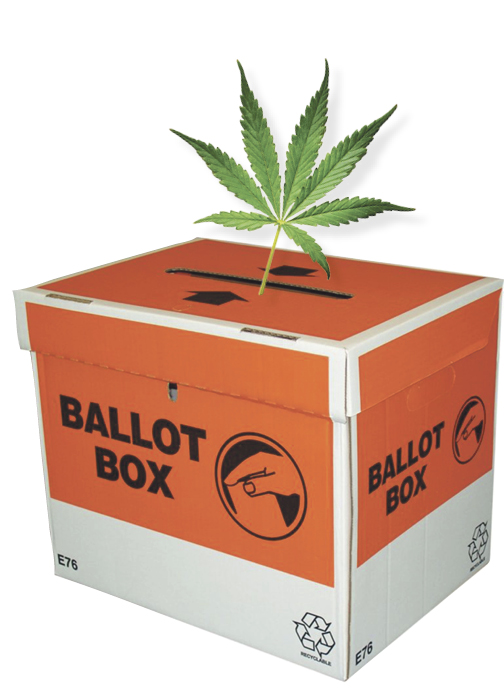WelCom May 2020:
The latest issue of The Nathaniel Report – the magazine of the Nathaniel Centre, the New Zealand Catholic Bishops’ bioethics centre, published three times a year – includes articles about this year’s general election referendum, on whether or not to legalise recreational cannabis.
The following is a synthesis of an article written by staff of The Nathaniel Centre, in The Nathaniel Report, Issue Sixty, April 2020, entitled Making Sense of The Recreational Cannabis Referendum 2020: A Quick Guide.

In September, as part of the 2020 General Election, we will be asked if we support the legalisation of recreational cannabis in New Zealand. The question we will be asked to vote ‘Yes’ or ‘No’ on is: ‘Do you support the proposed Cannabis Legalisation and Control Bill?’
What is the Cannabis Referendum about?
The referendum is about deciding whether to legalise recreational cannabis. The referendum is not about medicinal cannabis. It is also not about the production of industrial hemp.
This distinction is important to emphasise as many people think the referendum is about deciding whether to legalise cannabis/cannabis-based products for medical purposes. This is not the case. Medicinal cannabis is not part of the referendum question. Regulations to enable a Medicinal Cannabis Scheme were passed on 18 December 2019 and came into effect on 1 April 2020. The intent of this Scheme is to improve access to medicinal cannabis products made to a quality standard. In addition, under the Misuse of Drugs (Medicinal Cannabis) Amendment Act (2018), individuals requiring alleviation of their pain/suffering already have an exception and statutory defence for possessing and using cannabis. The ongoing need for this exemption will be reviewed depending on the referendum outcome.
What about the option of decriminalising recreational cannabis rather than legalising it?
Decriminalisation offers an alternative path for reforming the law, but the 2020 referendum question does not offer decriminalisation as a choice. The referendum is only about legalising recreational cannabis.
Legalisation is the act of removing all legal prohibitions against the use of cannabis whilst controlling its potency, production and supply. Decriminalisation, on the other hand, is ‘the act of removing criminal sanctions against an act, article, or behaviour. Decriminalisation of cannabis means it would remain illegal, but the legal system would not prosecute a person for possession under a specified amount. Instead, the penalties would range from no penalties at all, civil fines, drug education, or drug treatment’ (see www.ncbi.nlm.nih.gov/pmc/articles/PMC6181739/).
Decriminalising cannabis would still allow our country to take a more health-based approach to cannabis use that focuses on addiction and on reducing demand. However, this latter conversation about decriminalisation has yet to be had. It is an important conversation to have, because our current laws concerning the possession and use of recreational cannabis are not working well and they disadvantage certain groups of people.
What will the referendum process involve?
If more than 50 per cent of voters vote ‘No’, recreational use of cannabis will remain illegal. If more than 50 per cent vote ‘Yes’, the Government has stated it is ‘committed to following through with legislation that is closely modeled on a draft bill’. While New Zealanders will be able to have input into the final law through the usual Select Committee Process, the final decision about the specifics of the bill and, ultimately, whether to even pass any bill, will remain with the next Parliament.
The above article from the Nathaniel Report, Issue Sixty, April 2020, can be read in full online at:www.catholic.org.nz/assets/Uploads/Nathaniel-Report-60.pdf